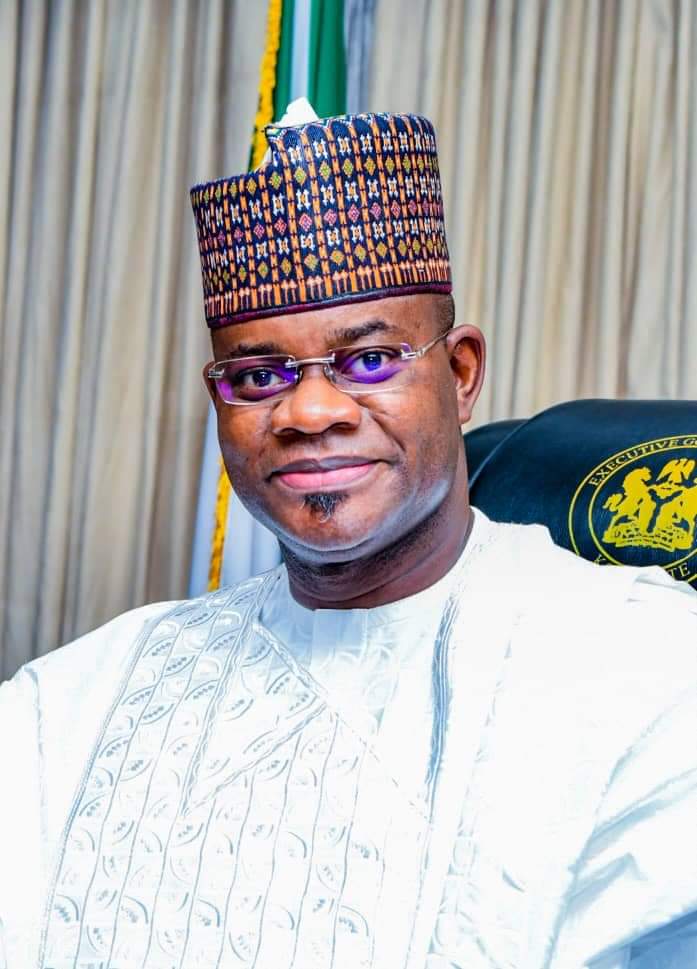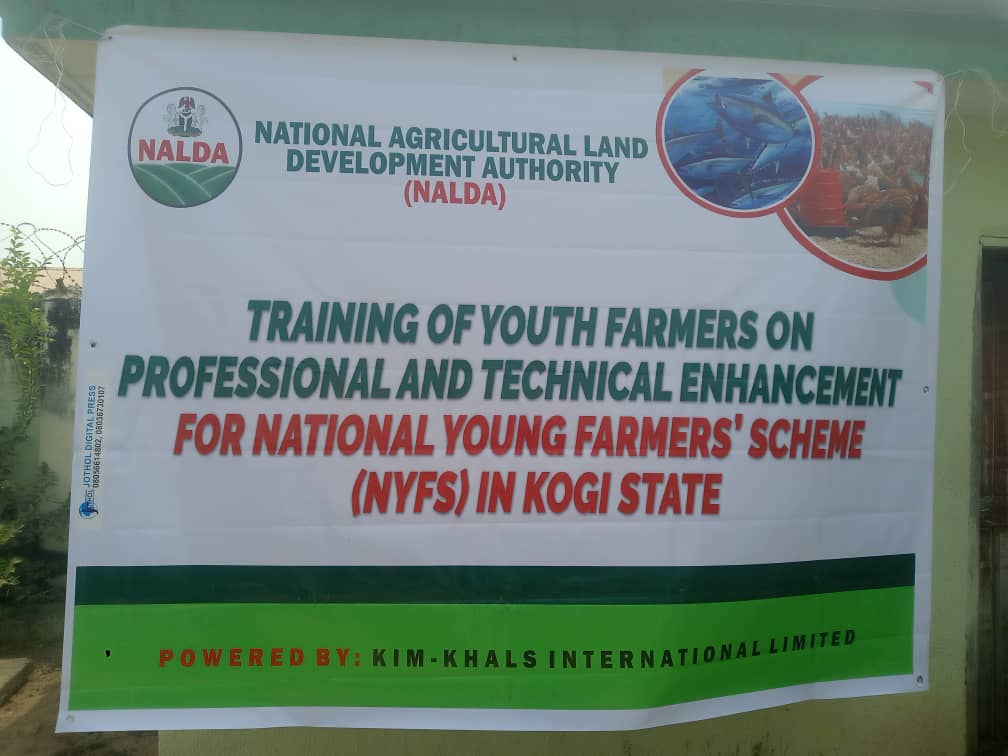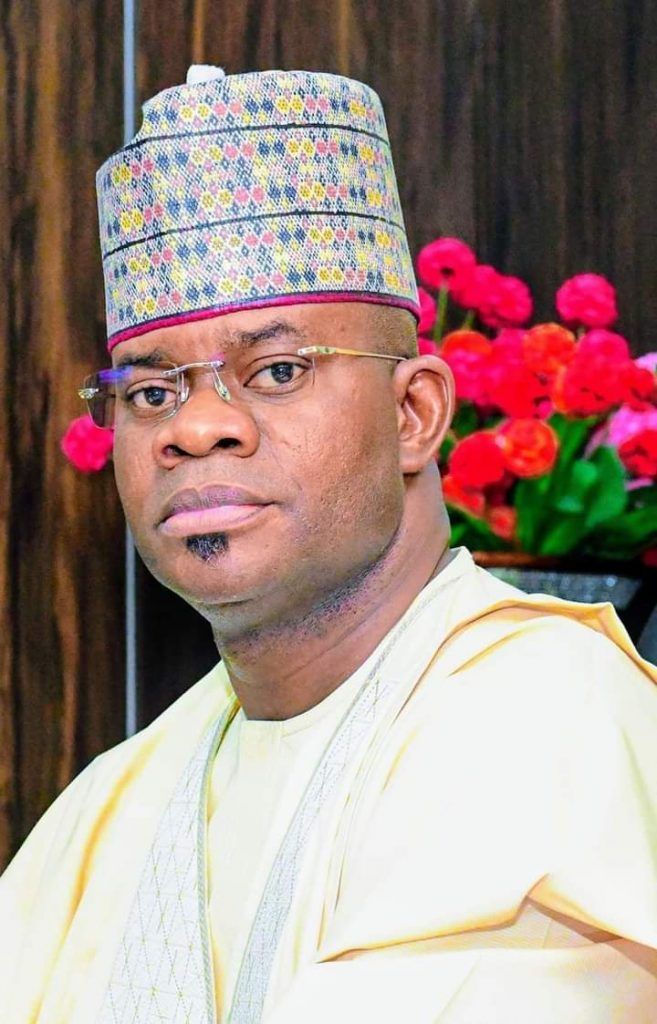…Fulfilling the primary purpose of government.
The creation of Kogi State on 27″ August, 1991 and most importantly the emergence of civil rule in 1999 brought in a lot of hope and expectations for the good people of the Confluence State.
The transition which replaced military dictatorship with democracy was celebrated with the expectation that it would usher in good governance, socio-economic progress and
promotion of the general wellbeing of the people.
But, the situation in Kogi State afterwards left much to be desired as the people were denied basic dividends of democracy; the ruling class had failed to translate the opportunities embedded in democracy to the benefit of the masses.
Hunger was prevalent everywhere and the state ranked among the poorest in the country despite its enormous human and natural endowments.
Those who have been privileged to occupy one political office or the other continued to hold the state in hostage.
The personal aggrandizement of the people in leadership position remained a priority to them rather than the wellbeing of the citizens.
Even the civil service was bedeviled with high level of corruption just as each ethnic group within the state continued to accuse one another of marginalization.
It was also sad that much of the loans, aids, and intervention funds from both local and international agencies meant to alleviate poverty, promote socio-economic life of Kogians ended up in the pockets of few individuals. And for a very long time, the people of Kogi wallowed in economic misery.
More so, the security situation in Kogi State before the Bello’s government was depressing.
It really does not matter how long it takes for a needed change to happen or the expected Messiah to arrive, as in every generation and nations history, there comes a time when the transformative leader will emerge.
And so it was that suddenly and unexpectedly, the Moses of the hour arrived in person of Alhaji Yahaya Bello.
Yahaya Bello sees governance as a serious business and came with a resolve to change the face of governance in the 32 years old state.
He sees the lives of Kogians as very sacred when he had this to say: “But because the lives of all Kogians and residents in the state are sacred under my watch, we do not intend to rest on our laurels.
“My team in consonance with the security agencies in the state will stop at nothing to make Kogi crime free, irrespective of who is
directly affected.”
The essence of government is the protection
of life and property which forms the core value of good governance giving its attendant impact of attracting investors and promoting economic activities, social interaction and peaceful coexistence which is a panacea to sustainable growth and development.
Without adequate security, there can never be any meaningful development. Unfortunately, the situation in Kogi State before the assumption of office of His Excellency, Governor Yahaya Bello as at 27th January,2016 was pathetic and frightening.
The state could better be described as a failed state because of the total collapse of it’s security situation. By implication it was assumed that Bello took over a collapsed security system, a failed state where no one could sleep with his eyes closed. Everyone lived in fear and trepidation. The state became an abode of kidnappers and a den of armed robbers.
The state provided a haven for crime and other social vices. As a result of failure of past leadership to address the problem of insecurity headlong, the state became a ‘no go area’ for investors, nobody wanted to have anything to do with the state for fear of insecurity.
Whereas, Section 24(2)(b) of the Constitution of the Federal Republic of Nigeria 1999 as amended declares that the security and welfare of the people shall be the primary purpose of of government.
Scurity and welfare of the people shall be the primary purpose of government. The constitutional declaration suggests that the security and welfare of the people shall be the main purpose of government in Nigeria.
Failure of government in this primary purpose of government in this primary purpose will give birth to, if not tantamount to failure of the government in every other purpose because without the accomplishment of the primary purpose, every other accomplishment shall be baseless, meaningless, frustrated.
The situation of things in Kogi State before the advent of Yahaya Bello could better be captured in the words of Thomas Hobbes who described the state of nature as one where life is solitary, poor, nasty, brutish and short.
The nasty state of Kogi State before Bello took over was evident in the kidnapping cases recorded between the period of January to June,2016 where about 167 kidnapping cases were recorded in the Central Senatorial District, 42 in the Eastern Senatorial District and 39 in the Western Senatorial District.
Terrorism ate deep into the fabrics of the state as it even housed the dreaded Boko Haram sect. It was reported that cells which served as factories for manufacturing IEDS by the Terrorists were discovered in several parts of the state .
Security agents were not spared as a number of police personnel paid the supreme price.
In the heat of this depressing situation came the young Yahaya Bello with a vow to change the security narrative of Kogi State, he confronted the menace headlong.
His Excellency, on assumption of office in 2016, launched a war on criminals by overhauling the security system in the State to ensure that standard operating procedures are put in place to detect, prevent and combat all forms of crimes. With generous provisions made for funding, logistics and motivation of the various security outfits.
Leadership and governance is about capacity, competence and the Will, all of these are reflected in the New Direction government of Alhaji Yahaya Bello.
The energy, vigour, commitment and his eagerness to stamped out criminal elements from the state has reduced criminality to the barest minimum and Kogi State today remains one of the safest places to live in our dear country.
His Excellency, Alhaji Yahaya Bello has undoubtedly changed the face of governance by fulfilling section 14(2)(b) of the Constitution of the Federal Republic ofNigeria.






